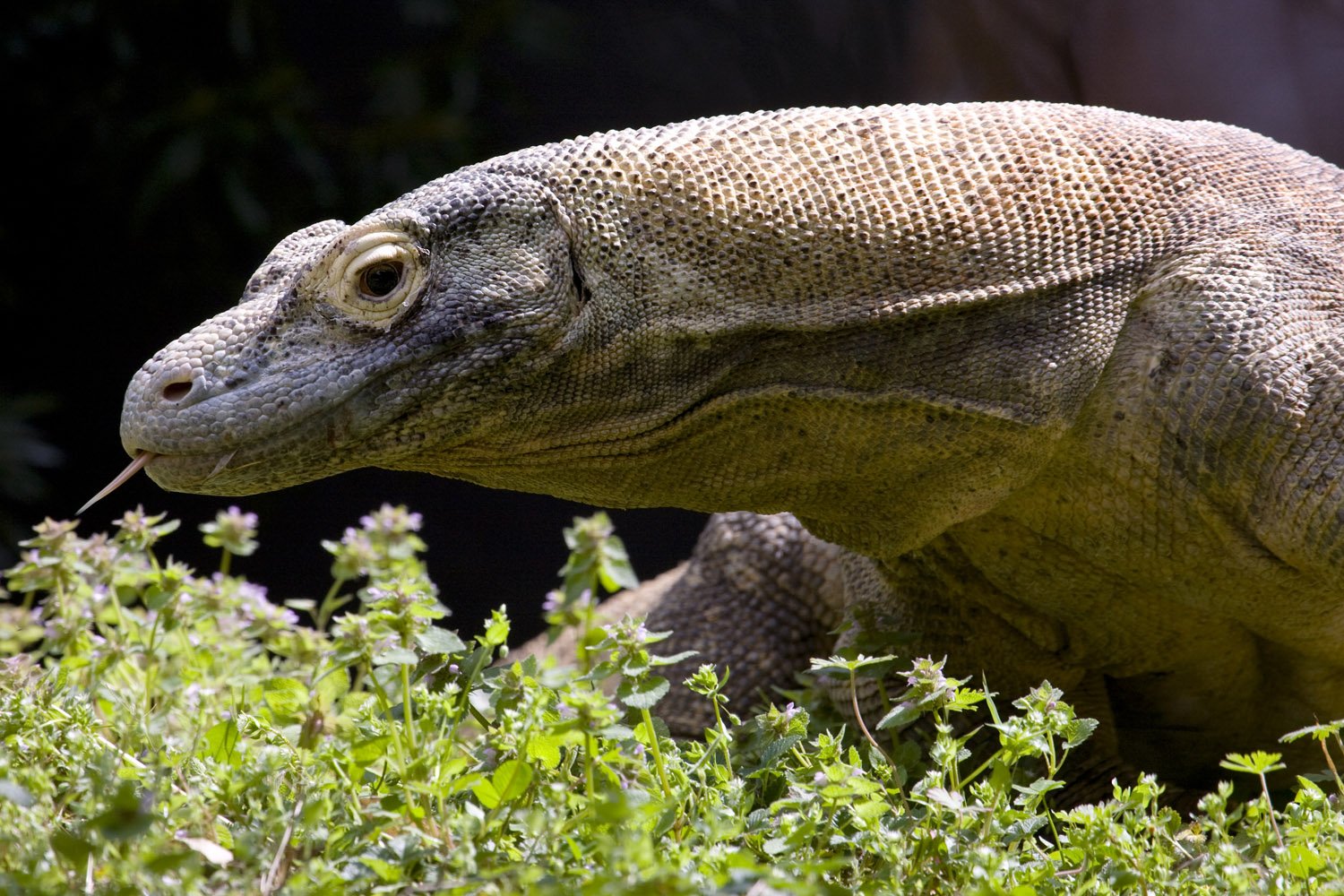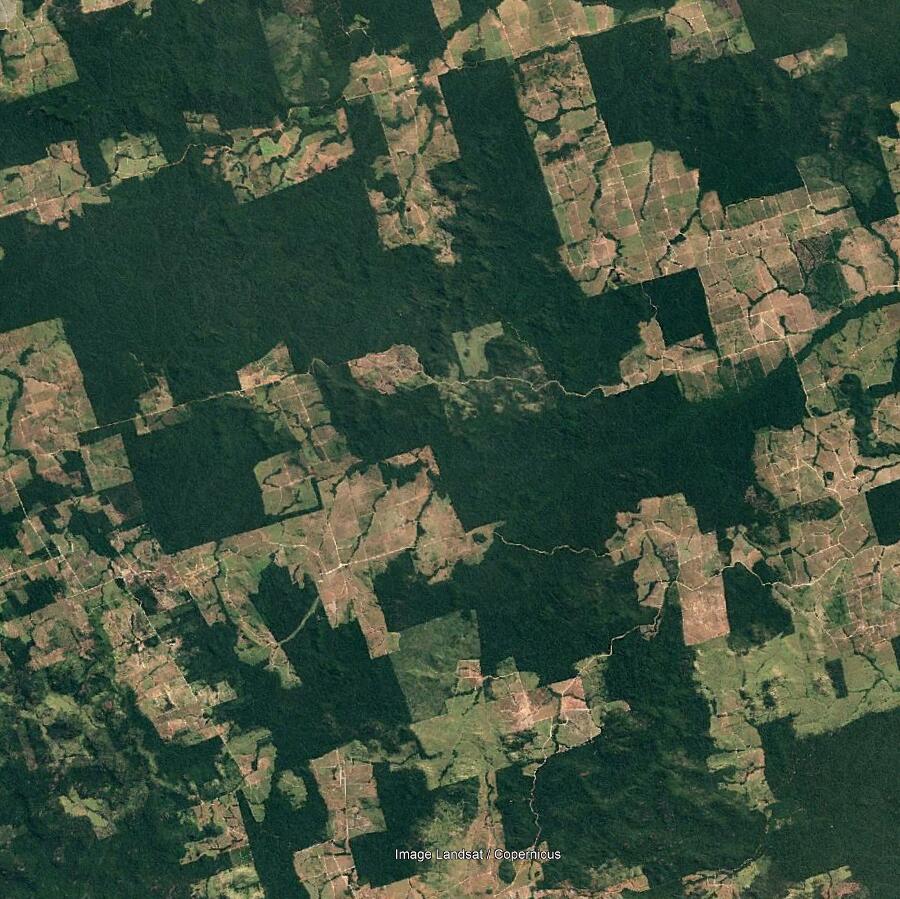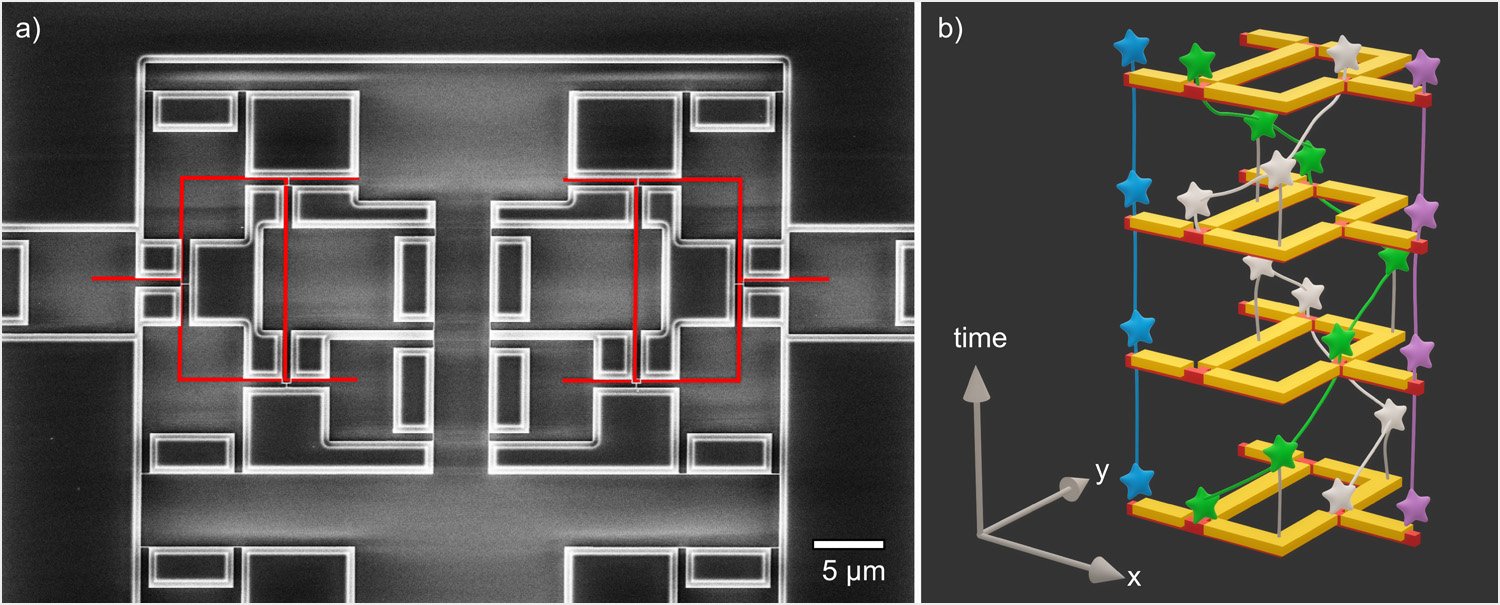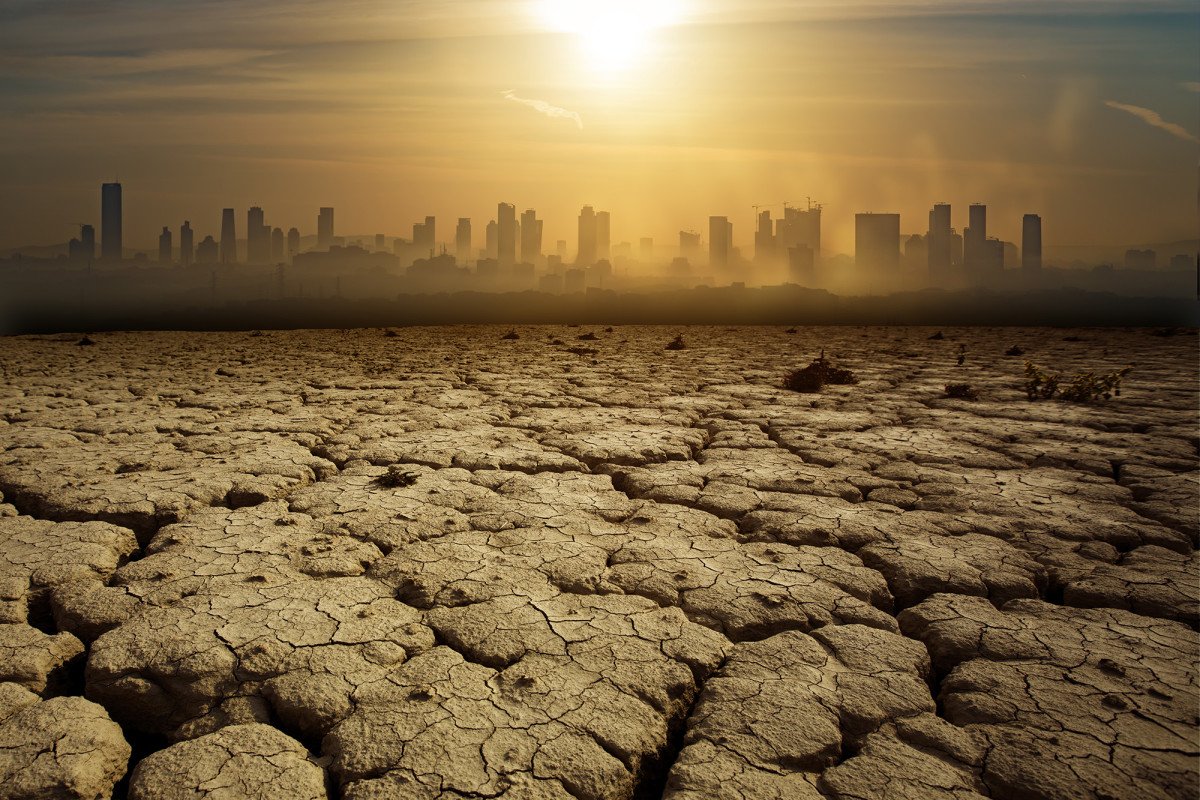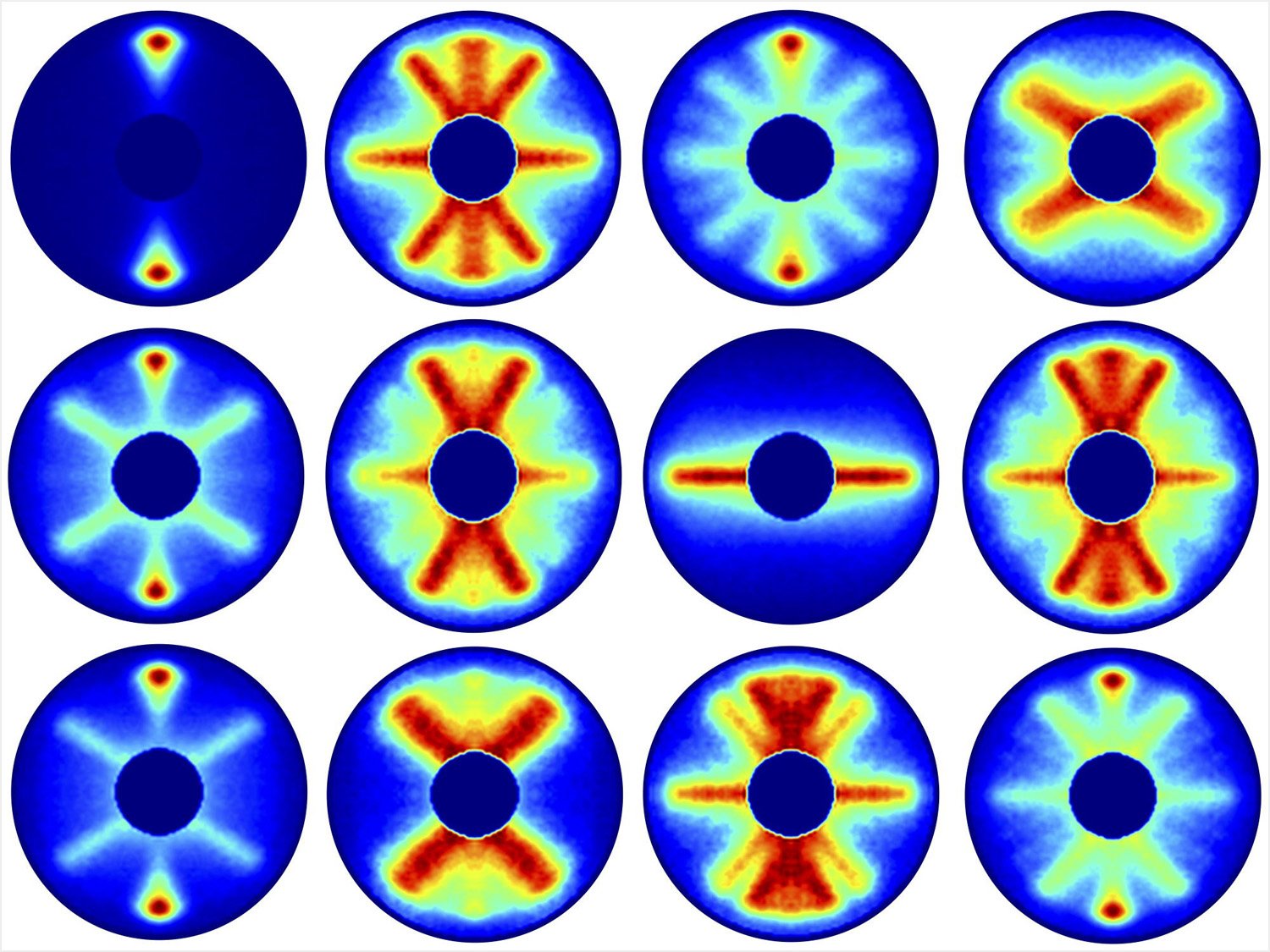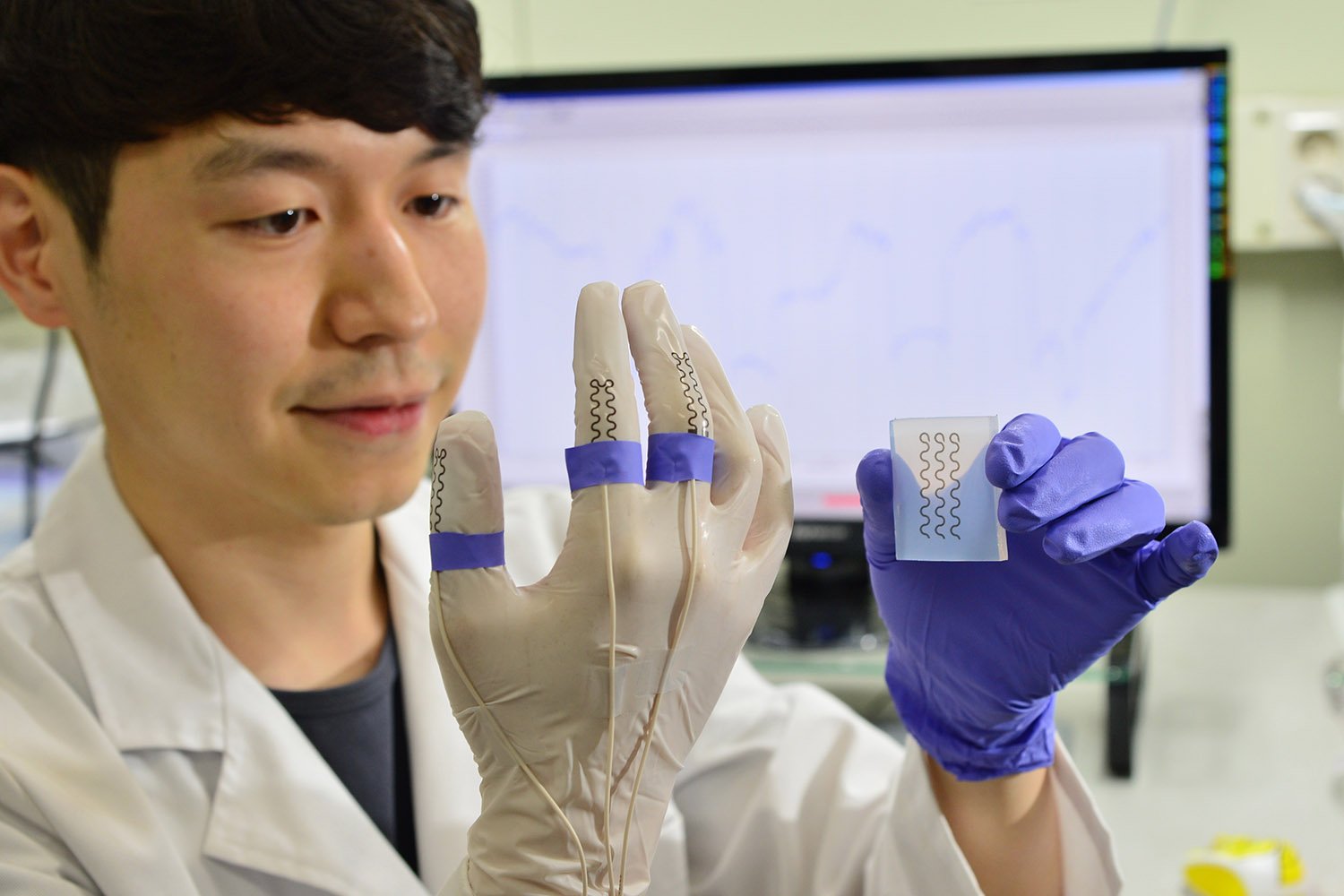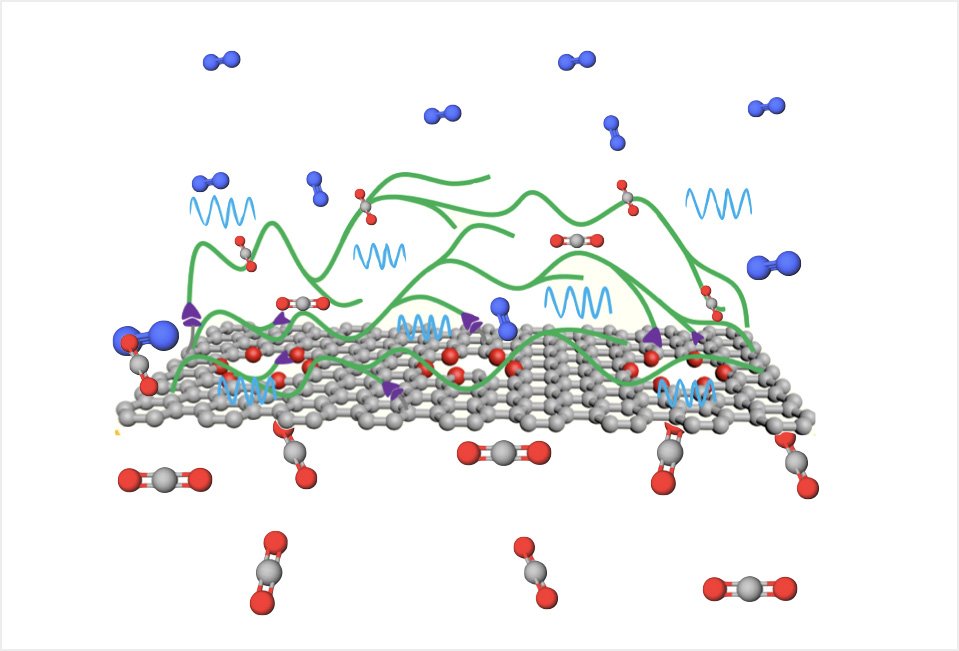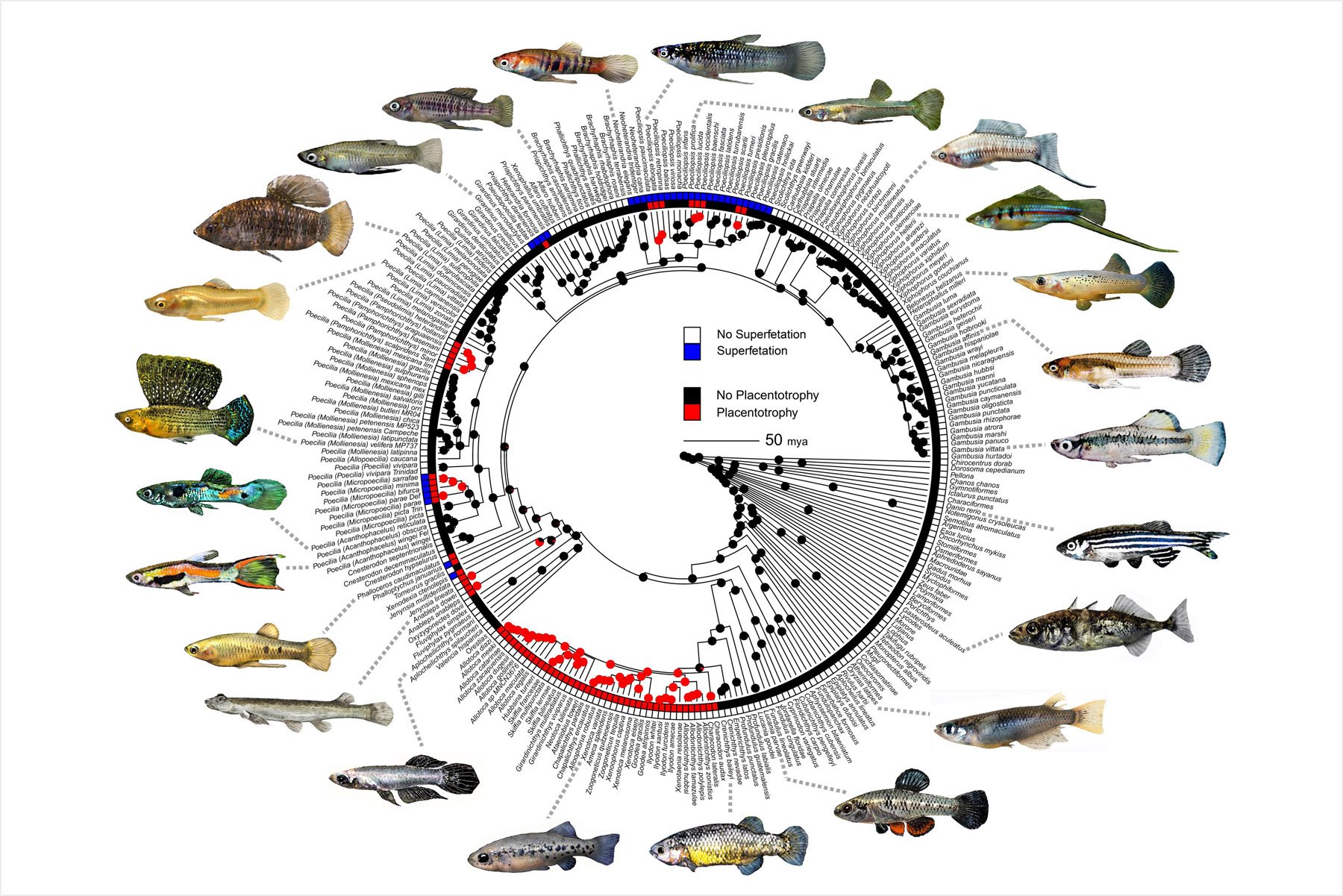Dragon heart
The Komodo dragons are the largest lizards in the world. These predators weighing up to 200 pounds can detect their prey from up to 7.5 miles away. And although they are cold-blooded, they can ramp up their metabolism to near mammalian levels, which gives them great speed and endurance. However, scientists have understood little about … Read more
